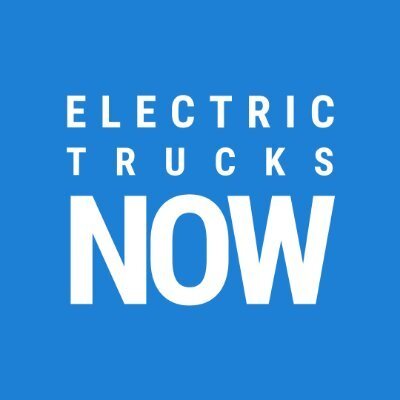To Clean the Air
Trucks are a leading source of lung-damaging air pollutants—including smog-forming NOx pollution and particle pollution.
Communities living near transportation hubs, which are predominately communities of color and low-income communities, can see 1,000 diesel trucks pass through every hour. Scientists have labeled these areas diesel death zones— and link exposure to diesel exhaust to more than four dozen toxic air pollutants that cause birth defects, lung damage, heart attacks, strokes, and cancer.
By 2040, 30,000 miles of the nation’s busiest highways will be clogged with polluting heavy-duty trucks on a daily basis.
Black, Latino, and Asian Americans face higher levels of exposure to PM 2.5 from diesel powered vehicles. Black Americans especially are exposed to 21 percent more fine-particle pollution compared to other Americans.
To Combat the Climate Crisis
Converting the nation’s truck fleet to 100% electric would cut 1.8 to 1.9 billion metric tons of climate pollution cumulatively by 2045—which is equivalent to taking over 400 million passenger cars off the road for one year.
This would also cut national oil consumption by 16% to 17% in 2045 and reducing U.S. oil demand by up to 843 million barrels in 2035 and up to 4.9 billion barrels by 2045.
To Boost Jobs and Economic Opportunities
The pathway to 100% zero-emissions trucks can also serve as a pathway to job-creation and be an engine for economic recovery in the aftermath of the pandemic.
All-electric truck policies would create market certainty for the at least 70 electric truck and bus models that are currently available and for the number of manufacturers that have committed to making several new models commercially available over the next decade.
Over a quarter-million people were employed in the clean vehicle industry in 2019. As of today, over $300 billion in global private investments have been directed to electric vehicles.
By 2027, electric trucks and buses in every medium- and heavy-duty vehicle class will be less expensive to purchase and to operate than diesel vehicles.

